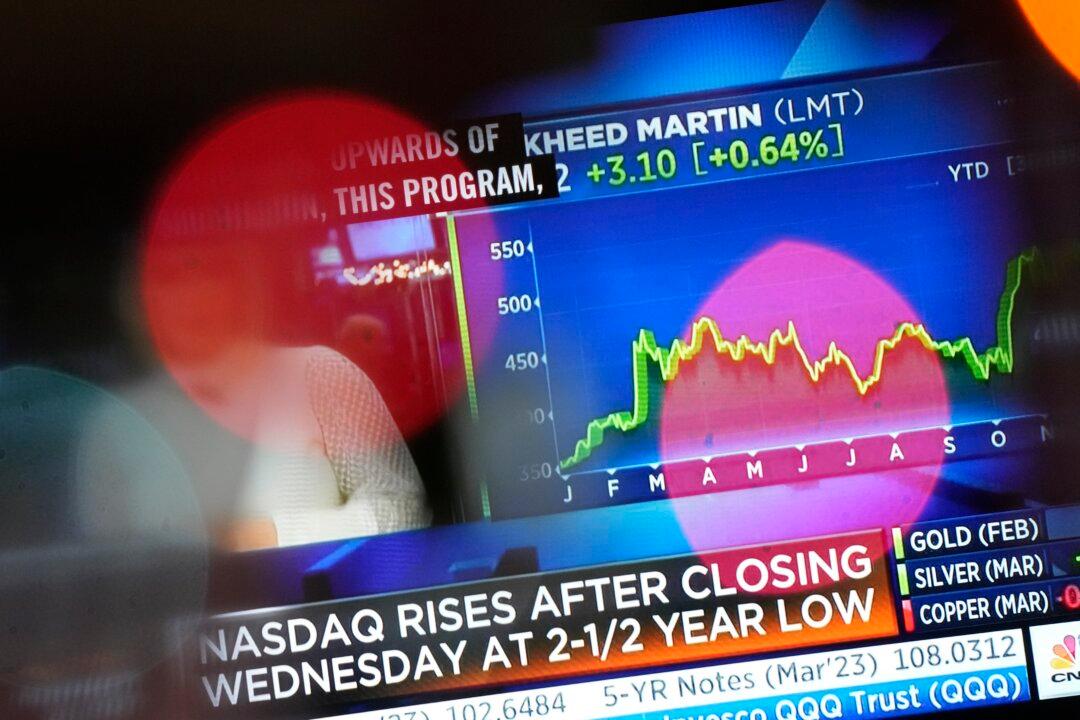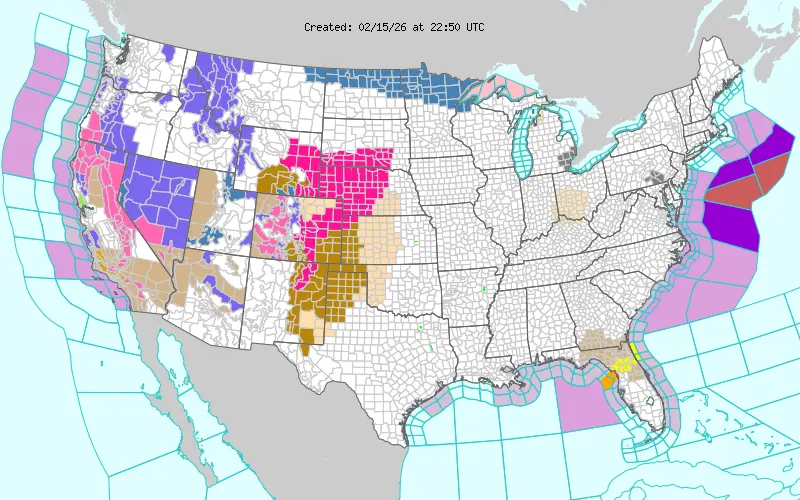A relatively light day of trading on Wall Street ended Thursday with a broad rally for stocks as investors welcomed new jobless benefits data that shows the labor market remains strong.
The S&P 500 rose 1.7 percent, with roughly 95 percent of stocks within the benchmark index closing higher. The gains more than made up for the index’s losses the previous two days, the latest oscillation in what has been a volatile, holiday-shortened week for stocks.





